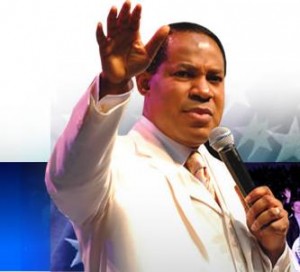When people recover from addiction, it doesn’t end there, they need to undergo aftercare treatment to sustain their sobriety.
If someone relapses, it means that some measures were absent that could have made their sobriety permanent. For instance, if they didn’t apply some coping skills they learned during addiction recovery, they might return to their addiction.
The church has a pivotal role to play when its members recover from addiction. Their responsibility will be instrumental to ensuring that the individual’s recovery is permanent.

Here are some ways the church helps their recovering member
Continued counseling
Counseling is a lifelong journey especially if you just recovered from addiction. You need someone who will always keep tabs on you for accountability sakes.
Also, it is important you have someone around who reminds you of the necessary steps you need to take to sustain your sobriety.
Support to rebuild broken relationships
When some people are addicted, they have strained relationships with their loved ones. Sometimes, it might be difficult for them to get back on track except if a third-party intervenes.
The church can step in to heal the rift between recovering individuals and their family and friends. Taking this step is essential because an individual’s family and friends are usually the first set of people who should show support and care to their loved ones.
Support and Encouragement to draw closer to God
Addiction can affect an individual’s fellowship with God. They might not be fervent in studying their Bibles and prayers because of the guilt feelings.
Some of them may not even be frequent with church attendance because they feel that God is angry with them. It is important for the church to help recovering individuals to find their identity in God once again.
The church can provide them with the needed support to bring them back to the fold, and to set them in tune with God. This might not be achieved instantly but in due time, the recovering individual will find themselves in God again.







